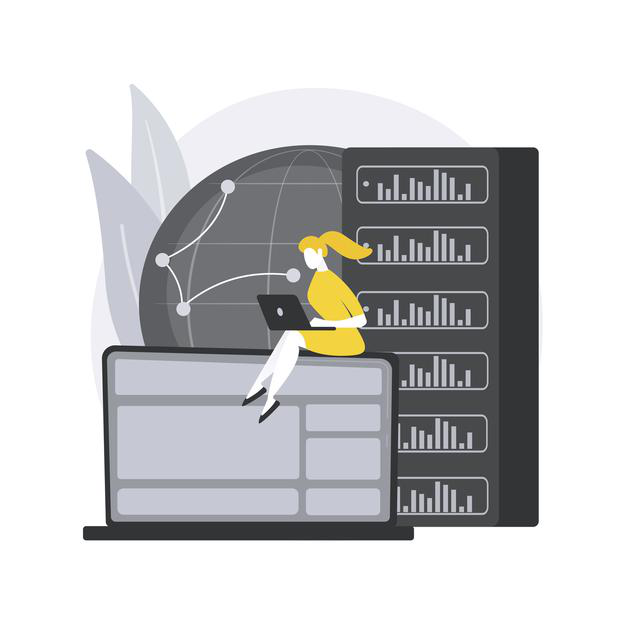A web server is a conglomeration of multiple softwares that helps users work efficiently on the HTTP request of the client World Wide Web (WWW). It serves to connect a user with the Local Area Network or the Wide Area Network.
On the other hand, web server security is the process of ensuring that user's information and assets are secured from access by malicious softwares. The importance of maintaining webs server security cannot be underestimated in this time and age.
This is due to increased technological advancement. Most hackers are increasing their dedications to breaking the firewalls associated with the web server to breach personal information on majority of web servers.
The Necessity of Web Server Security Software
There have been increased cases of cyberbullying, impersonation, and information breaches on the World Wide Web (WWW). This is all attributed to the technological advancement with more people shifting to Internet use.
The introduction of web server security software is aimed at reducing the net effect and levels of these malicious practices that are impairing the development and growth of the web server.
The dire consequences of impersonation per se cannot be kept in the blues. Many people have been conned and forced to comply with the cyberbullying criminals because of compromising the web server security software.

Any web user that regularly uses the Internet to perform daily activities should ensure that he or she uses advanced and updated web server security software. This would go a long way in eradicating and minimizing the chances of falling victim to such vices.
Practices To Ensuring A Secure Web Server Software
Using Firewalls
Firewalls are designed systems that prohibit unauthorized breaches to web servers from a private or public network. Implementing a strong firewall for web server software goes a long way in ensuring the stability of the web server.
Designing a firewall should approach a consensus approach to help mitigate security breaches. Traditionally firewalls were used independently from web server software.
Recent design approaches of combining strong firewalls with a web server approach have helped increased the securing level and status of the web server software.
Performing Regular Updates
Updates are software practices that involve ensuring up-to-date standards in the design and operability of the software tools. This is very necessary for any web server software because it ensures current security standards are maintained over time.
Performing updates requires that the web server be muted for a given while for the software to internalize and attach to the most recent updates. During updates, crucial security data and information are backed up over a given stated time.
This ensures that any interferences do not occur on the normal functionality of the web server software. A good web server software should be able to back up itself within a stated period automatically without necessarily halting the normal functioning of the web server.
A web server software should only produce an update notification during the entire update process. Traditional web server software performed updates as a parallel process while causing a halt of major processes and functions.
Thanks to technological advancement regular updates can be performed by the web server software without necessarily halting normal functionalities.
Rights And Privileges Denial
Rights and privileges to a web server are login acceptance to the individual accounts. The web server can only be accessed individually through set out passwords in the rights and privileges framework. It is in this regard that a web server software security is enhanced.
Additionally, the web server software should ensure occasional denial to normal log-ins so that security is enhanced. Constantly changing your security login information improves the security standards of your web server. This concept is a very unique yet critical step for any web server software.
The rights and privileges of web server softwares have come of age from traditional manually instigated logins to automated login generations.
Consequently, any web server software should be able to inquire for additional security questions during specific login stage an example is, “What is your maidens’ name?” Although these questions seem rather a nuisance in most cases, they provide strength in the security of the web server software.
They help limit breach cases where a person could have forcefully or cunningly acquired your web server password. Such an individual cannot be allowed access to your web server account thanks to the web server software.
Conclusion - Web Server Security Software
Although web server security is taken for granted, the practice of ensuring consistent and reliable web server software should be emphasized. This is due to the crucial role played by the software.





